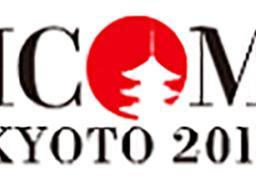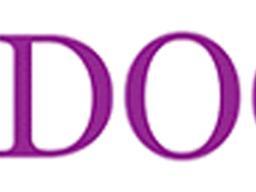Many aspects of collections relate to time. Identity and significance are often linked to an understanding of dates and historical periods. Some institutions pride themselves on having the oldest, the earliest, or the first. Artefacts exist for a period of time, marked by key events (creation, acquisition, display), with museums often attempting to slow the inevitable forces of entropy and decay through conservation work. Meanwhile, all these physical things we collect and document can only be in one place at a time.
But the concept of time is also complex and culturally specific. Galilean physics (referenced in the explanation for ‘E52 Time-Span’ in the CIDOC-CRM) is premised on linear temporal extents, with a beginning, an end, and a duration. Alternative ways of thinking can be found in Australian Aboriginal knowledge systems, where time is layered and overlapping, the past, present, and future co-existing on and within the landscape. Here, things are neither timeless nor fixed in time; they have temporal depth. Recent scholarship in deep history has started to explore these ideas, developing longer, deeper narratives by looking beyond the constraints of colonial archives to the entanglement of artefacts, stories, places, imagery, and experience. At the same time, digital technology provides new opportunities for opening up the way we manage and represent information about time, creating spaces in which things can co-exist in multiple temporal and conceptual contexts simultaneously.
In this paper the author will explore notions of time as represented in museum documentation. Drawing on Australian collections and recent historical scholarship, the paper will make explicit the culturally-specific limitations inherent in the way we capture dates and time-spans. Placing this work in the broader context of recent research on relationality and the relational museum, the paper argues for a rethinking of collection description in the digital age, opening up time in ways that better represent the cultural and contextual complexities of the things we seek to document.

